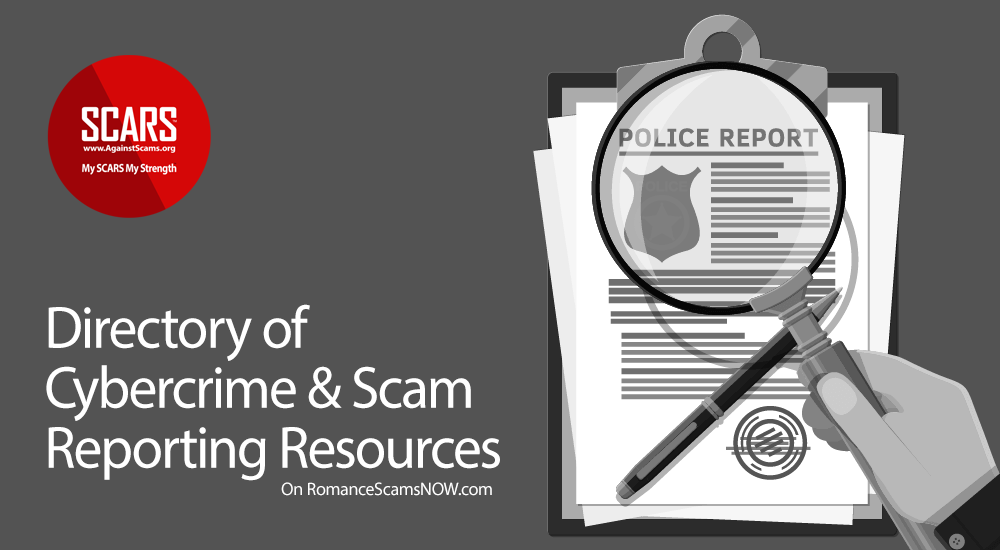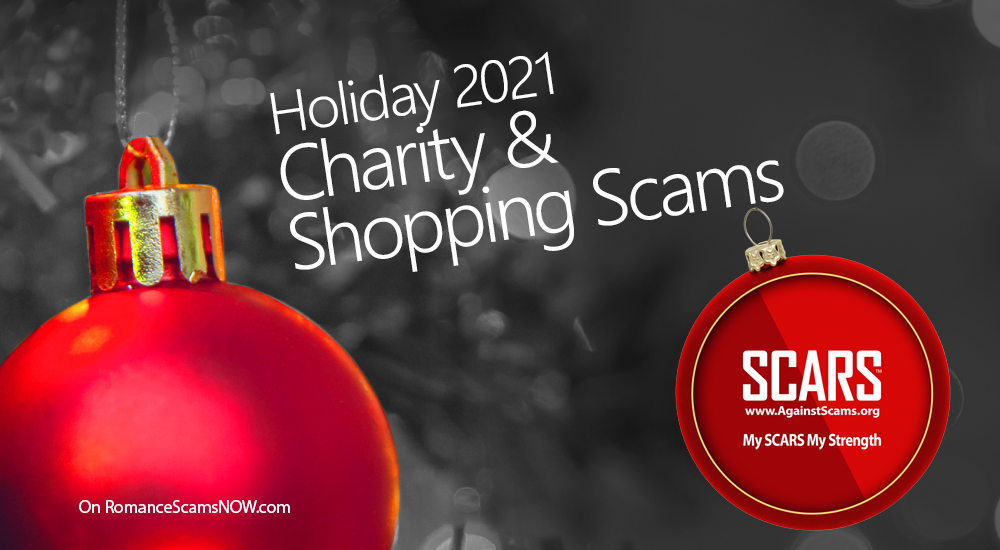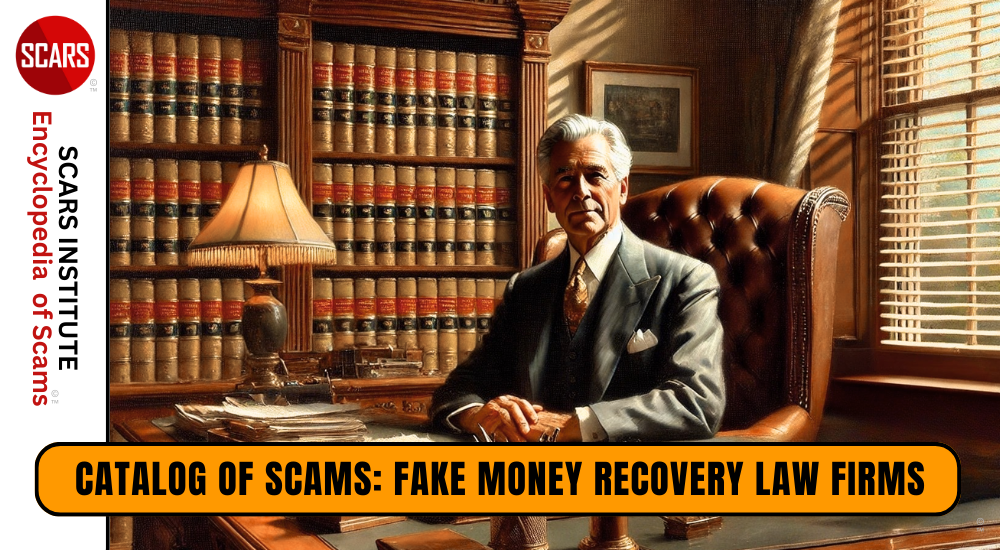
SCARS Institute’s Encyclopedia of Scams™ Published Continuously for 25 Years

Remain Vigilant Against Holiday Scamming Schemes
As we approach the holiday season, we are warning everyone that scammers prefer to steal rather than give during this special time of year.
Shoppers hunting for a good deal should be on the lookout for increasingly aggressive and innovative scams designed by criminals to steal money and personal information. Shoppers everywhere need to stay focused, attentive, and vigilant to scams to enjoy a scam-free holiday season.
When shopping online during the holiday season—or any time of year—always be wary of deals that seem too good to be true, and do your part to avoid becoming a scammer’s next victim.
Charity Scams:
Charity-related frauds increase during the holidays as individuals seek to donate money to those less fortunate. Criminals use phone calls, email campaigns, and fake websites to solicit on behalf of fraudulent charities. Scammers target people who want to donate to charity, then hoard well-intentioned donations while those most in need never see a dime.
NOTE: Not all charities are 501(c)(3), many are not. To verify the status of all charities visit the state or province where they are incorporated and verify their incorporation as a nonprofit/not-for-profit in good standing (active). Always verify!
For example: SCARS is an incorporated nonprofit based in Florida (Nonprofit Corporation Registration #N20000011978 confirm our status here. Tax ID EIN 85-3761559) This is how you verify real nonprofits regardless of their donation tax status.
Online Shopping Scams:
If a deal looks too good to be true, it probably is!
Stay away from unfamiliar sites offering unrealistic discounts on brand-name merchandise. Scammers frequently prey on Black Friday and Cyber Monday bargain hunters by advertising “One-Day Only” promotions from recognized brands. If you’re purchasing from a company for the first time, research the business and check reviews other customers have shared. If little to no information about a vendor exists, shop elsewhere.
Be very VERY CAREFUL of buying on Amazon if Amazon does not fulfill the item. You could buy an item and not have it arrive and not be able to get a refund in time to replace the item.
Also, do not buy from Alibaba or Chinese-based online retailers. It is highly unlikely that you will get any items before Christmas.
Payment Red Flags: Be cautious of sellers and websites which demand payment solely through gift cards. Scammers sometimes encourage shoppers to conduct wire transfers, which allow criminals to quickly receive illicit funds. Using a credit card provides layers of security against fraud and is typically the safest way to conduct online shopping throughout the holidays. Remember that debit cards DO NOT have the same level of security as a credit card!
Additional steps to avoid holiday fraud schemes:
- Before shopping online, secure all your financial accounts with strong passphrases (passwords made of multiple words) and two-factor authentication. Additionally, it is recommended using different passphrases for each financial account.
- Check bank and credit card statements often, especially after making online purchases and in the weeks following the holiday season.
- Never give personal information— such as your date of birth, Social Security number, or billing addresses— to anyone you do not know even if they claim to be from the government.
- Be suspicious of promotions and giveaways which request your personal information.
- Prior to donating to any charity, verify that they have a valid Taxpayer Identification (in the U.S. this is called an “EIN”) number by visiting their website or calling the charity directly.
Reporting Scams
SCARS Recommends reporting all online or e-commerce fraud or scams to the Federal Trade Commission (even if you do not live in the United States). Use this unique link provided through the SCARS partnership with the FTC to provide increased visibility and attention to your report:
-/ 30 /-
What do you think about this?
Please share your thoughts in a comment below!
LEAVE A COMMENT?
Recent Comments
On Other Articles
- Arwyn Lautenschlager on Love Bombing And How Romance Scam Victims Are Forced To Feel: “I was love bombed to the point that I would do just about anything for the scammer(s). I was told…” Feb 11, 14:24
- on Dani Daniels (Kira Lee Orsag): Another Scammer’s Favorite: “You provide a valuable service! I wish more people knew about it!” Feb 10, 15:05
- on Danielle Delaunay/Danielle Genevieve – Stolen Identity/Stolen Photos – Impersonation Victim UPDATED 2024: “We highly recommend that you simply turn away form the scam and scammers, and focus on the development of a…” Feb 4, 19:47
- on The Art Of Deception: The Fundamental Principals Of Successful Deceptions – 2024: “I experienced many of the deceptive tactics that romance scammers use. I was told various stories of hardship and why…” Feb 4, 15:27
- on Danielle Delaunay/Danielle Genevieve – Stolen Identity/Stolen Photos – Impersonation Victim UPDATED 2024: “Yes, I’m in that exact situation also. “Danielle” has seriously scammed me for 3 years now. “She” (he) doesn’t know…” Feb 4, 14:58
- on An Essay on Justice and Money Recovery – 2026: “you are so right I accidentally clicked on online justice I signed an agreement for 12k upfront but cd only…” Feb 3, 08:16
- on The SCARS Institute Top 50 Celebrity Impersonation Scams – 2025: “Quora has had visits from scammers pretending to be Keanu Reeves and Paul McCartney in 2025 and 2026.” Jan 27, 17:45
- on Scam Victims Should Limit Their Exposure To Scam News & Scammer Photos: “I used to look at scammers photos all the time; however, I don’t feel the need to do it anymore.…” Jan 26, 23:19
- on After A Scam, No One Can Tell You How You Will React: “This article was very informative, my scams happened 5 years ago; however, l do remember several of those emotions and/or…” Jan 23, 17:17
- on Situational Awareness and How Trauma Makes Scam Victims Less Safe – 2024: “I need to be more observant and I am practicing situational awareness. I’m saving this article to remind me of…” Jan 21, 22:55
ARTICLE META
Important Information for New Scam Victims
- Please visit www.ScamVictimsSupport.org – a SCARS Website for New Scam Victims & Sextortion Victims
- Enroll in FREE SCARS Scam Survivor’s School now at www.SCARSeducation.org
- Please visit www.ScamPsychology.org – to more fully understand the psychological concepts involved in scams and scam victim recovery
If you are looking for local trauma counselors please visit counseling.AgainstScams.org or join SCARS for our counseling/therapy benefit: membership.AgainstScams.org
If you need to speak with someone now, you can dial 988 or find phone numbers for crisis hotlines all around the world here: www.opencounseling.com/suicide-hotlines
A Note About Labeling!
We often use the term ‘scam victim’ in our articles, but this is a convenience to help those searching for information in search engines like Google. It is just a convenience and has no deeper meaning. If you have come through such an experience, YOU are a Survivor! It was not your fault. You are not alone! Axios!
A Question of Trust
At the SCARS Institute, we invite you to do your own research on the topics we speak about and publish, Our team investigates the subject being discussed, especially when it comes to understanding the scam victims-survivors experience. You can do Google searches but in many cases, you will have to wade through scientific papers and studies. However, remember that biases and perspectives matter and influence the outcome. Regardless, we encourage you to explore these topics as thoroughly as you can for your own awareness.
Statement About Victim Blaming
SCARS Institute articles examine different aspects of the scam victim experience, as well as those who may have been secondary victims. This work focuses on understanding victimization through the science of victimology, including common psychological and behavioral responses. The purpose is to help victims and survivors understand why these crimes occurred, reduce shame and self-blame, strengthen recovery programs and victim opportunities, and lower the risk of future victimization.
At times, these discussions may sound uncomfortable, overwhelming, or may be mistaken for blame. They are not. Scam victims are never blamed. Our goal is to explain the mechanisms of deception and the human responses that scammers exploit, and the processes that occur after the scam ends, so victims can better understand what happened to them and why it felt convincing at the time, and what the path looks like going forward.
Articles that address the psychology, neurology, physiology, and other characteristics of scams and the victim experience recognize that all people share cognitive and emotional traits that can be manipulated under the right conditions. These characteristics are not flaws. They are normal human functions that criminals deliberately exploit. Victims typically have little awareness of these mechanisms while a scam is unfolding and a very limited ability to control them. Awareness often comes only after the harm has occurred.
By explaining these processes, these articles help victims make sense of their experiences, understand common post-scam reactions, and identify ways to protect themselves moving forward. This knowledge supports recovery by replacing confusion and self-blame with clarity, context, and self-compassion.
Additional educational material on these topics is available at ScamPsychology.org – ScamsNOW.com and other SCARS Institute websites.
Psychology Disclaimer:
All articles about psychology and the human brain on this website are for information & education only
The information provided in this article is intended for educational and self-help purposes only and should not be construed as a substitute for professional therapy or counseling.
While any self-help techniques outlined herein may be beneficial for scam victims seeking to recover from their experience and move towards recovery, it is important to consult with a qualified mental health professional before initiating any course of action. Each individual’s experience and needs are unique, and what works for one person may not be suitable for another.
Additionally, any approach may not be appropriate for individuals with certain pre-existing mental health conditions or trauma histories. It is advisable to seek guidance from a licensed therapist or counselor who can provide personalized support, guidance, and treatment tailored to your specific needs.
If you are experiencing significant distress or emotional difficulties related to a scam or other traumatic event, please consult your doctor or mental health provider for appropriate care and support.
Also read our SCARS Institute Statement about Professional Care for Scam Victims – click here to go to our ScamsNOW.com website.
















Thank you for your comment. You may receive an email to follow up. We never share your data with marketers.